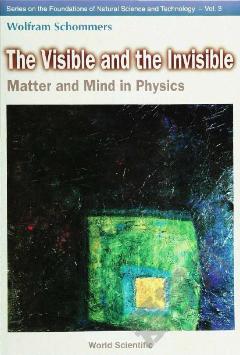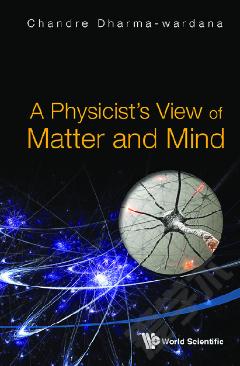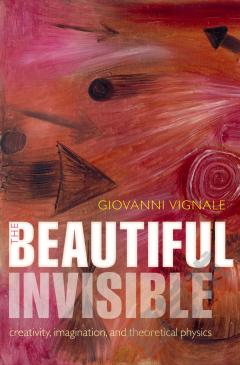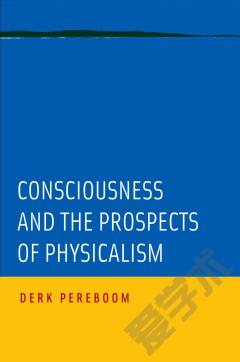Visible And The Invisible, The: Matter And Mind In Physics
How do we get an idea from the physical world? There is basically only one possibility, namely the dialogue with nature, i.e. we create a theoretical conception of the world by thinking, and then we check this conception with the help of measuring instruments. In this connection the following question arises: Does there exist for each element of the theory an element-specific deflection at the measuring instrument? In other words, has each element of the theory a counterpart in the actual reality? If not, then the theory contains metaphysical elements, i.e. elements which have no counterpart in reality. In this book it is argued that there are obviously no theoretical conceptions of the world which are free of metaphysical elements. This is not only valid in connection with matter but also for the conceptions of space and time. The consequences in connection with modern conceptions of the world are outlined.
{{comment.content}}








 京公网安备 11010802027623号
京公网安备 11010802027623号